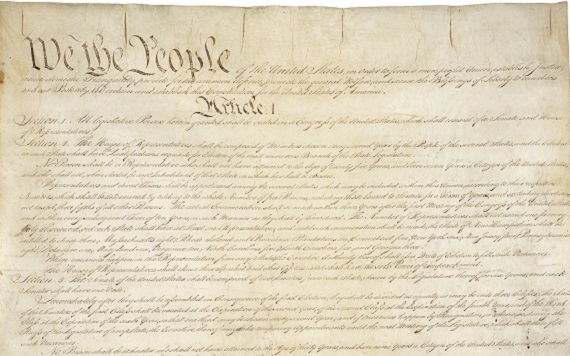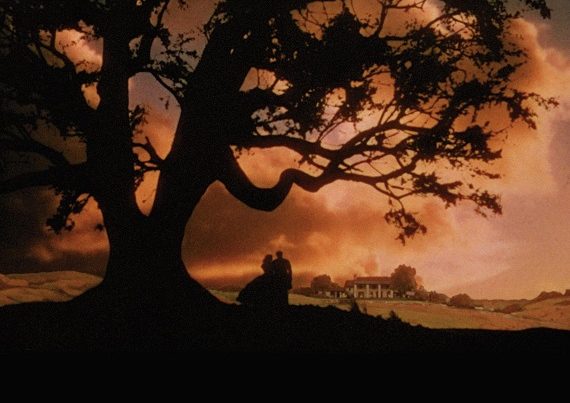The Phoenix, Arizona city council has been forced by self-declared “Satanists” to cease opening its meetings with prayer.
The Arizona Republic reports the details of the events leading to this decision:
“Followers of the Satanic Temple, a group promoting religious agnosticism, had been scheduled to give the prayer at the council’s Feb. 17 meeting. News of the planned Satanic invocation became public last week and went viral almost instantly. Council members said constituents and others inundated them with comments.”
Rather than permit representatives of the Satanic Temple from offering a “prayer,” the council voted 5-4 to forego the invocation in favor of a moment of silence.
Again, from the Arizona Republic:
Stu de Haan, a Satanic Temple member who submitted the prayer request, has said the group is trying to exercise its rights and ensure minority religious voices are included. He said the group does not believe Satan actually exists and instead views the biblical Satan as a metaphor for rebellion.
“If they don’t want to accept, constitutionally what must happen is that all voices must be taken down from the public forum,” de Haan said last week. “It’s basically all voices must be heard or none at all.”
Remarkably, the city attorney of Phoenix, Brad Holm, seemingly echoed the Satanist’s interpretation of the First Amendment’s protection from the establishment of religion.
As reported in the Republic, Holm said that to prevent the irreligious protestors from taking a turn opening the council’s session “would be a violation of the First Amendment.”
He further explained, according to the Republic’s report, that the “city cannot change its invocation practice to specifically block Michelle Shortt, a temple member from Tucson expected to give the prayer.”
With all respect due to Mr. Holm, the Constitution — specifically the First Amendment — most certainly does not prohibit the city of Phoenix from excluding satanists from the rotation of ministers asked to offer a prayer to God at the beginning of its deliberations.
To begin the analysis, readers are directed to read the words of the so-called Establishment Clause of the First Amendment:
“Congress shall make no law respecting an establishment of religion….”
Read closely, that phrase not only prohibits the federal legislature from establishing a religion, but it forbids it from making any law “respecting” such an establishment.
This language not only keeps Congress out of the business of establishing a national religion, but it places a wall of separation, if you will, between the states and their establishment of religion and the interference of the federal government.
As noted law professor and constitutional scholar, Akhil Reed Amar explains, Congress is prohibited by the Establishment Clause from “trying to disestablish churches established by state and local governments.” (Emphasis in original)
Joseph Story, in his Commentaries on the Constitution of the United States, agrees, declaring plainly, “Thus, the whole power over the subject of religion is left exclusively to the state governments, to be acted upon according to their own sense of justice, and the state constitutions….”
Amar points out that were the Establishment Clause to be applied to the states (a practice known as “incorporation” and seemingly required by the Fourteenth Amendment), this would “eliminate its [the state’s] right to choose whether to establish a religion — a right explicitly confirmed by the Establishment Clause itself!”
Regarding the incorporation of the First Amendment against the states, Amar ably settles this issue, as well:
There is, however, another clean solution to the problem that may well do more justice to history and structure. The Fourteenth Amendment might best be read as incorporating free exercise, but not establishment, principles against state governments. Like the Speech, Press, Assembly, and Petition Clauses, the Free Exercise Clause was paradigmatically about citizens’ rights, not states’ rights; it thus invites incorporation.
The states, in forming the federal government for the purpose of administering an enumeration of “few and defined” powers, reserved for themselves the full panoply of “numerous and indefinite” powers that lay beyond those boundaries.
One of these powers is most certainly the power to establish a state religion. The Constitution, by specifically setting this prerogative outside the fence of federal authority, protects the power of the states to legislate as its people and their representatives deem fit for themselves.
Admittedly, this analysis will seem strange to most Americans who for generations have been inculcated to accept the application of the First Amendment to the states, particularly when it comes to protecting the practice or non-practice of religious faith according to the dictates of one’s own conscience.
Regarding the distinct constitutional limits on the establishment of religion, Thomas Jefferson, as president, offered the following explanation of how he was able to defend his refusal to declare a national day of religious thanksgiving as president and his declaration of just such a celebration while serving as the governor of Virginia.
In 1808, Jefferson wrote to the Reverend Samuel Miller:
“I am aware that the practice of my [presidential] predecessors may be quoted. But I have ever believed that the example of state executives led to the assumption of that authority by the general government, without due examination, which would have discovered that what might be a right in a state government, was a violation of that right when assumed by another.”
The subject could not be clearer. Considering Jefferson’s familiarity with and devotion to the history of ancient Greece, one is reminded of the following observation of Thucydides, regarding the lack of “due examination” suggested by Jefferson.
“The way that most men deal with traditions, even traditions of their own country, is to receive them all alike as they are delivered, without applying any critical test whatever,” he wrote, condemning the failure of the people to study the history of their own country.
James Madison, Jefferson’s constant collaborator and fast friend, placed the establishment of religion beyond the bailiwick of the general government (that which we call the “federal government”), but safely inside the bounds of state sovereignty.
During debate on the national bank, on February 2, 1791, Madison remarked, as recorded in the annals of Congress:
“The defense against the charge founded on the want of a bill of rights presupposed, he said, that the powers not given were retained; and those not given were not to be extended by remote implications. On any other supposition, the power of Congress to abridge the freedom of the press, or the rights of conscience, etc., could not have been disproved.”
Again, Akhil Reed Amar expertly summarizes the proper constitutional relationship between the general government, the state governments, and the right to establish a religion:
The First Amendment, then, was not agnostic on whether speech, press, petition, assembly, and free exercise were liberties of citizens or good things. By contrast, the Amendment was indeed agnostic on the issue of establishment. Congress had no more authority in the states to disestablish than to establish. Both actions were equally beyond Congress’s delegated powers; and the unfettered choice between establishment and disestablishment was given to the states.
With this recitation of history and constitutional construction in mind, perhaps the representatives of the people of the city of Phoenix serving on the city council may want to reconsider their reluctant capitulation to a claque of muckrakers who likely care less for the defense of religious liberty than for its denial to those who dare worship Jesus Christ and want to pray for His help in governing.







